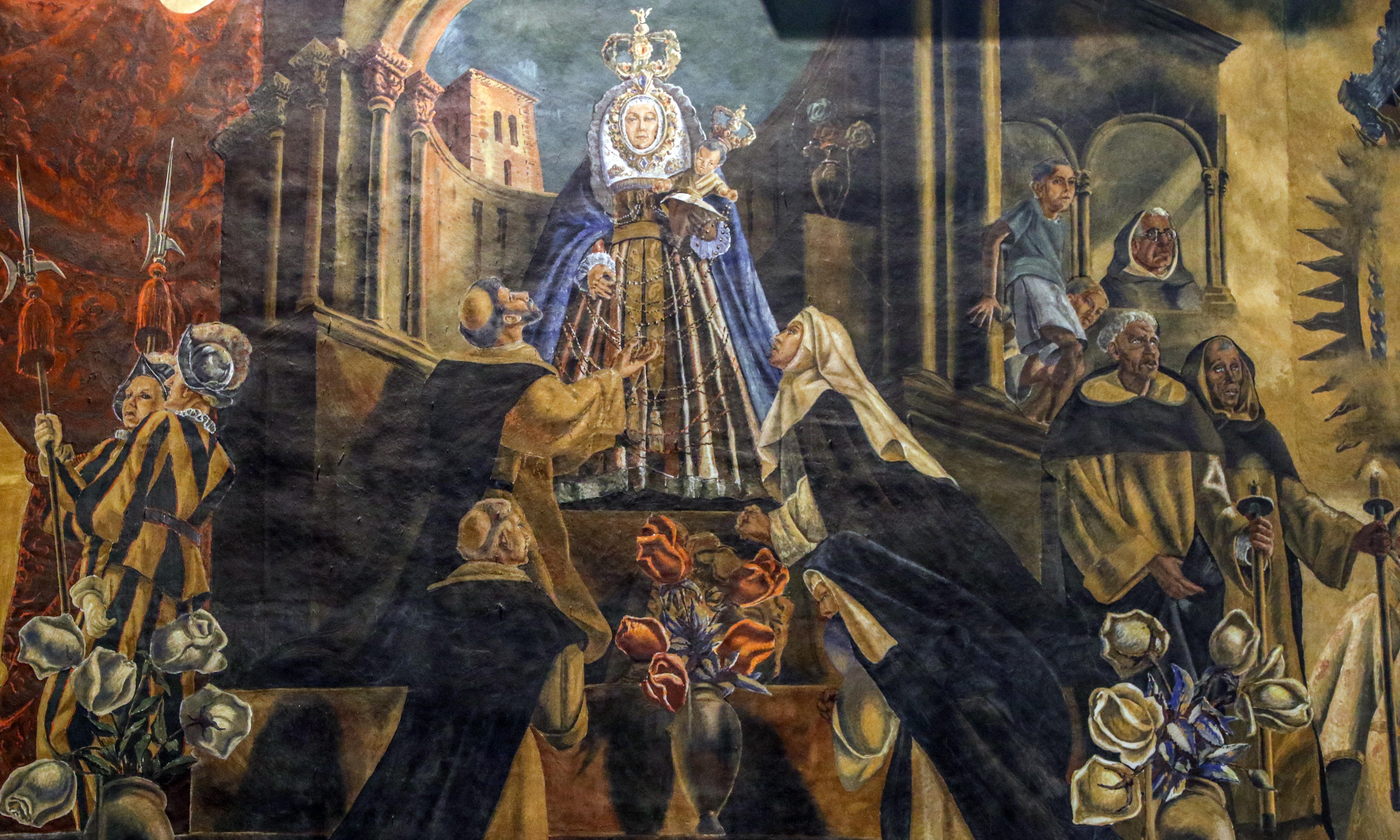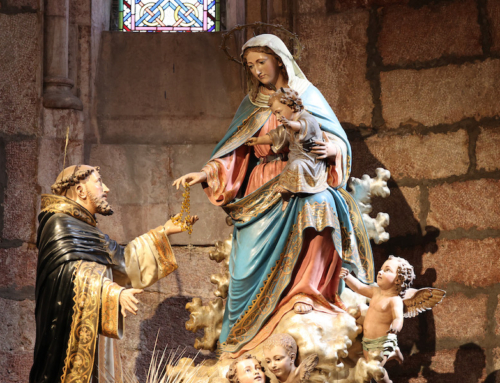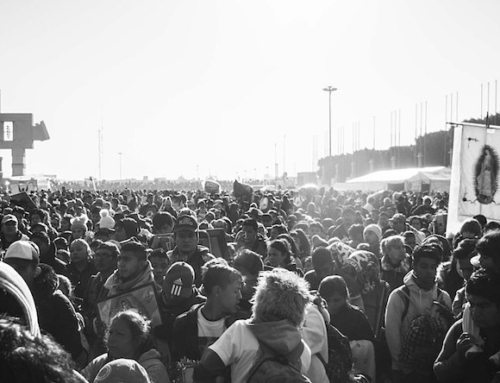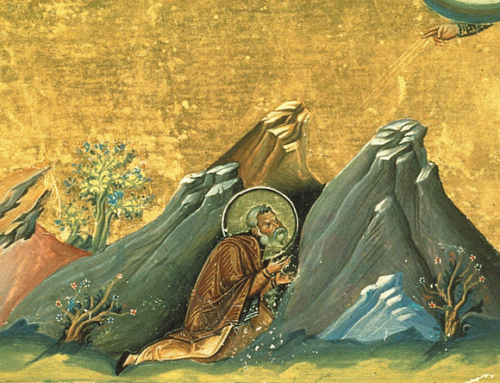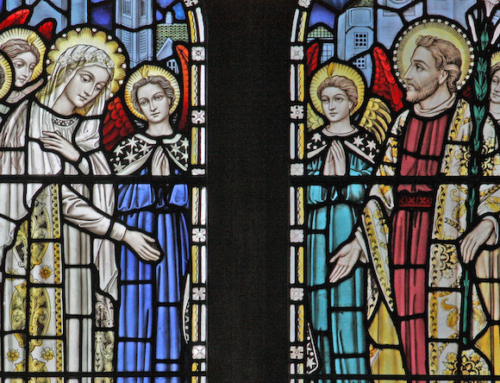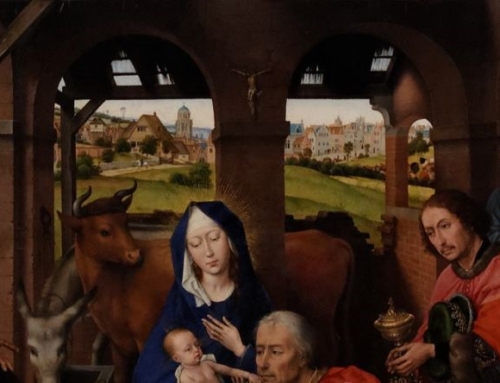Today’s feast of the Queenship of the Blessed Virgin Mary is a reminder that modern sensibilities still struggle with the idea of monarchs with real power. But, if we understand monarchy through a more classical lens, we realize that the king or queen’s power is derived from God, as stated in Proverbs, “By me kings reign, and rulers decree what is just” (8:15). With such an origin, monarchical power comes with great responsibility. A monarch wields power not for his or her own sake but rather for the people. Listening to the needs of their people, the king and queen must always show compassion, mercy, and justice for all of the poor in their kingdom.
With this understanding of the earthly kingdom, it is easier to consider what kind of kingdom Christ brings into existence, namely, one that no longer operates merely on the level of human justice, which Christ already fulfilled. Rather, he ushers in the new law of grace. This means that, despite our many horrible sins that separate us from God, He still looks upon us with an abundance of mercy and grace. We are then made to partake in the inner life of God.
Mary, above all, is the perfect exemplar of this new law of grace. We know this because, when the angel spoke the words, “Hail, full of grace!” (Lk 1:28), she was made the vessel through which God made known our salvation. This statement of fact by the angel Gabriel is recognition that Mary is full of grace, which means she has the grace to know no sin. This is the greatest mercy anyone can receive, and it was made possible because she received preemptively the merits of her Son’s sacrifice on the Cross. This mercy is how Mary is then able to bear God in her womb. At Mass today you may hear Preface II of the Blessed Virgin Mary, which reads, “For truly even to earth’s ends you have done great things and extended your abundant mercy from age to age: when you looked on the lowliness of your handmaid, you gave us through her the author of salvation, your Son, Jesus Christ, our Lord.” This new kingdom does not eliminate sin from our world, but we do come to realize that “where sin increased, grace abounded all the more, so that as sin reigned in death, grace also might reign through righteousness to eternal life through Jesus Christ our Lord” (Rm 5:20).
Because Jesus is our Lord, our King, we can also call Mary our Queen. It follows, then, that after her Assumption into heaven, which we celebrated a week ago, she now has a particular mission as Queen. This mission entails communicating the mercy of God to those who are poor and in great need. We rightly call her the Queen of Mercy, for she is the one whom we should invoke, as the poor and needy souls we are, to help us repent, as the Letter to the Hebrews says, “Let us then with confidence draw near to the throne of grace, that we may receive mercy and find grace to help in time of need” (4:16). In this way the reign of God will continue and, derivatively, so also will Mary’s reign continue in our hearts and all over the world.
✠
Photo by Fr. Lawrence Lew, O.P. (used with permission)

